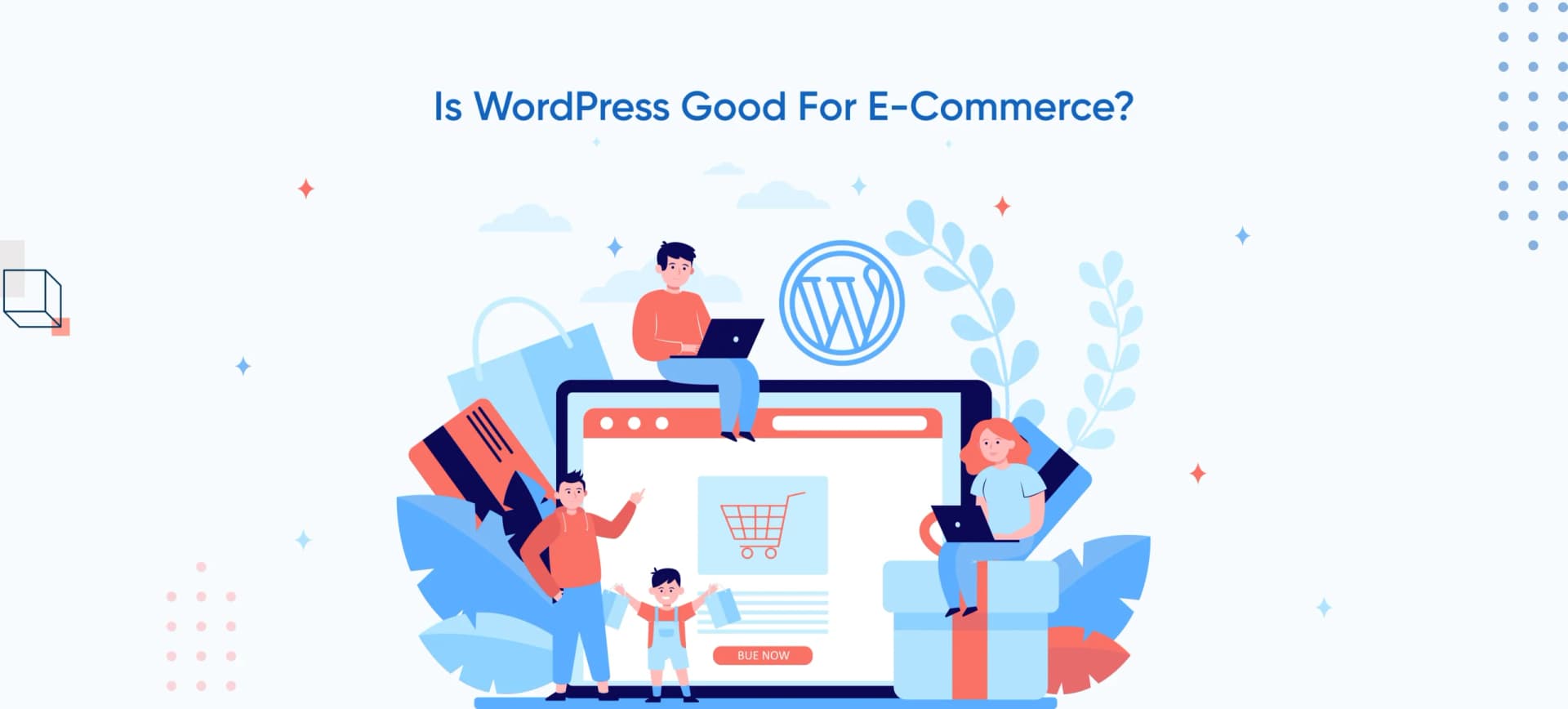You’ve developed an idea, sourced products, and are ready to launch your e-commerce store. The next step? Picking the best platform for your business. Shopify, Magento, and Wix are familiar options, but if WordPress keeps appearing in your search results, you might be wondering, “Is WordPress a good choice for e-commerce?”
This guide breaks down WordPress and its popular plugin, WooCommerce, to help you evaluate whether it fits your business goals. From organic growth to scalability, we’ll examine if WordPress practically makes sense for your needs or not.
Is WordPress good for e-commerce?
The short answer? It depends on your goals, technical expertise, and growth plans.
WordPress is a versatile platform, especially when combined with WooCommerce. It’s open-source, highly customizable, and cost-effective. However, options like Shopify and other custom solutions such as Magento 2 or Drupal shine in areas where WordPress might fall short.
According to WPZOOM's latest publication highlighting WordPress statistics, WordPress CMS powers 43.6% of the world's websites, and the WooCommerce platform is a top choice with a whopping market share of 35.47%.
To make the best choice, let’s explore how each platform performs in key business scenarios.
Organic growth-focused e-commerce store
If your business is focused on organic growth, such as building a loyal customer base through content marketing with a limited range of products, WordPress + WooCommerce is a compelling choice.
Let’s say you sell eco-friendly, handmade products like natural skincare or handcrafted jewelry. Your potential customers are likely searching for terms like “handmade silver rings” or “benefits of organic skincare.” With WordPress, you can create content that helps your website rank on Google and attract those customers organically.
Here are top-level reasons why WordPress is a great choice for an organic growth-focused e-commerce store.
- Blogging features: WordPress started as a blogging platform, making it the most robust option for content creation. You can write long-form guides, post how-to articles, and publish testimonials that resonate with your audience.
- SEO optimization: With plugins like RankMath, optimizing your website for search engines becomes easier. These tools help with SEO by offering features like schema implementation, 404 redirection handling, XML sitemaps, and deep customization for better search visibility.
- Customizable themes and plugins: You can design a website tailored to your brand with thousands of free and premium WordPress themes. Plus, plugins extend functionality, letting you add features like email marketing integrations, live chat, and analytics tracking.
- Cost-effective scaling: For small to mid-sized product catalogs, WooCommerce is an affordable way to scale. Many of its features are free or low-cost, allowing businesses to grow without overspending.
If you’re running a business with under 500 products and plan to grow primarily through SEO and content marketing, WordPress + WooCommerce is an ideal platform.
Contact Anglara for custom WordPress development services.
Paid ads-driven e-commerce store
Now, let’s consider a business model reliant on paid advertising. Say you’re in the dropshipping business, selling trending products like portable blenders or fitness gadgets. Your traffic comes primarily from platforms like Facebook, Instagram, and Google Ads.
In this case, Shopify might be your best option. Here are top-level reasons why Shopify is a great choice for a paid ads-driven e-commerce store.
- Fast setup: Time is money in the dropshipping world. Shopify allows you to set up your store in hours, not days. This speed lets you quickly launch campaigns and pivot based on performance.
- Built-in integrations: Shopify integrates seamlessly with advertising platforms. For example, its Facebook integration allows you to create and track ads directly from your store’s dashboard.
- Ease of use: Unlike WordPress, Shopify is fully hosted, which means you don’t need to worry about finding a hosting provider or managing updates.
- Advanced analytics: Shopify provides in-depth reports on traffic, sales, and customer behavior, helping you optimize ad campaigns effectively.
While WordPress can also manage ad-driven businesses, the technical setup can be more time-consuming. For fast-paced advertising strategies, Shopify offers simplicity and speed.
Scalable e-commerce store
If you’re looking to build a global, scalable e-commerce empire, platforms like Magento, Drupal, BigCommerce, etc. are often the platform of choice. Imagine selling thousands of products across multiple regions, handling traffic spikes during seasonal sales, and supporting complex inventory systems.
Here are top-level reasons why a custom solution can be a great choice for a paid scalable e-commerce store.
- Advanced features: You get enterprise-level capabilities such as multi-store management, international shipping options, and detailed analytics.
- Unmatched: They provide full control over your store’s design and functionality. Developers can build custom solutions for unique business needs.
- Performance and speed: Unlike WordPress, which can slow down under heavy traffic, Custom solutions are built for performance. They can handle large catalogs and high volumes of transactions without sacrificing speed.
- Enterprise security: Advanced security features protect customer data, meeting the compliance requirements of global businesses.
While WordPress is suitable for medium-scale operations, custom solutions are designed for businesses that prioritize sales, high-level growth, scalability, and performance. Read our article on whether is WordPress good for professional websites to learn more.
Look at the quick comparison of WordPress vs Shopify vs Custom solutions: 
Pros and cons of WordPress for e-commerce
Pros
- Cost-effective: WordPress itself is free, and many plugins and themes are affordable.
- Flexible and customizable: You can build a store that matches your exact vision with the thousands of available themes and plugins.
- SEO-friendly: Its blogging features and SEO plugins make it easier to rank higher in search engine results.
- Vibrant community: The WordPress ecosystem includes countless forums, tutorials, and developers, ensuring you’re never far from support.
- Content marketing powerhouse: If content marketing is your primary growth strategy, WordPress is the most powerful platform available.
Cons
- Performance challenges: Using too many plugins can slow your site down, potentially harming user experience.
- Maintenance: Unlike Shopify, you’re responsible for managing hosting, updates, and backups.
- Payment Gateways: While WooCommerce supports many payment gateways, Shopify’s and custom solutions integration are often more seamless.
Talk to us and get the best solution
The internet can be overwhelming, with countless opinions and content claiming different perspectives. What we’ve explained in this article is based on the most common use-case scenarios. We completely understand that each person has unique requirements. While we aim to address your concerns, you’ll also need to take the next step.
If your requirements fall somewhere within the scenarios we’ve discussed and you’re unsure about what to do next, there’s no need to stress.
We offer a 30-minute free consultation call (absolutely no credit card required). Simply book your session—it’s genuinely free—and let us hear your concerns so we can provide the best solution possible.



